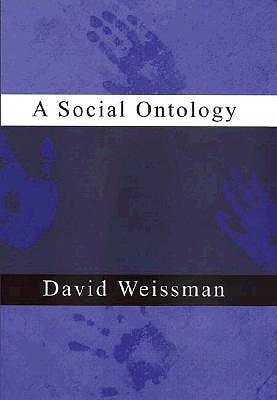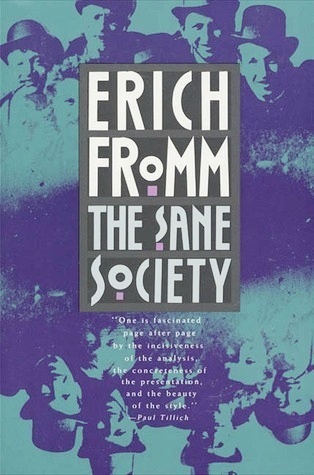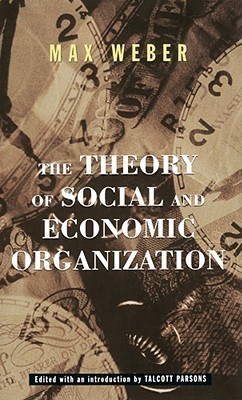
A Social Ontology
Book Description
What if the very fabric of society is woven from invisible threads? In "A Social Ontology," David Weissman unravels the intricate connections that define our collective existence. He explores how shared meanings, social norms, and institutions shape our identities and relationships. Each concept crackles with significance, revealing the unseen forces that govern our lives. As individuals navigate the chaos of contemporary society, the clash between personal desires and communal expectations intensifies. Will understanding this social tapestry empower change or ensnare us further? Discover the stakes involved in redefining our interconnected world. What truths lie beneath the surface of our everyday interactions?
Quick Book Summary
In "A Social Ontology," David Weissman delves into the underlying structures that define social reality. Through a philosophical lens, he investigates how collective meanings, shared practices, and enduring institutions serve as the scaffolding of our communal life. The book argues that our identities and values are shaped not in isolation but through our participation in these intricate webs of relationship and expectation. As individuals, we constantly negotiate the tension between personal aspirations and societal demands, often unaware of the deeply rooted forces guiding our choices. By illuminating the invisible frameworks that connect us, Weissman challenges readers to reconsider both the potential for social change and the constraints that social ontology imposes. The work provokes essential questions about agency, conformity, and the possibility of reshaping the fabric of our shared existence.
Summary of Key Ideas
Table of Contents
The Construction of Shared Meaning
Weissman begins by exploring how shared meaning is constructed within society. Language, symbols, and traditions are not merely communicative tools but constitute the very fabric of social reality. Through repeated interactions and communal agreement, these constructs become the reference points that allow groups to interpret the world and coordinate action. The invisible threads of shared meaning thus precede and shape individual thought, making each person both a participant in and a product of collective sense-making processes.
Social Norms and Individual Identity
Building upon the creation of shared meaning, Weissman analyzes the role of social norms in forming individual identity. Norms are articulated through expectations, conventions, and subtle reinforcements that guide behavior. Rather than being imposed from above, these norms emerge organically as people negotiate coexistence. As individuals seek acceptance or recognition, they internalize and reproduce the expected behaviors. This cycle of internalization ensures both social cohesion and the perpetuation of community values, yet it also sets the boundaries for acceptable deviation.
Institutions as Foundations of Society
Weissman argues that institutions crystallize the abstract networks of meaning and norms into tangible structures. Institutions—such as legal systems, schools, and family units—formalize roles and develop specialized functions, which in turn stabilize and perpetuate shared values. These frameworks enable the large-scale cooperation necessary for complex social arrangements but can also ossify, making it challenging to adapt to new situations or ideas. Institutions thereby exert a dual influence: they secure order and enable progress, but may inadvertently entrench inequalities or stifle dissent.
The Tension Between Individual Agency and Collective Expectation
Individual agency is frequently tested against these collective expectations and institutional constraints. Weissman examines the sources of this tension, noting that personal autonomy is both realized and restricted through participation in social structures. While each person strives to assert distinct perspectives and desires, the depth of social conditioning can limit originality. This dynamic produces negotiation, resistance, and sometimes conflict, as individuals attempt to redefine norms or challenge institutional authority. The struggle for agency becomes a central theme in understanding both social stability and transformation.
Possibilities for Social Change
In his concluding analysis, Weissman addresses the prospects for social change within the framework of social ontology. By making the underlying mechanisms of social life visible, he argues, individuals and groups gain the critical awareness necessary to question deeply held assumptions. Change is possible, but it requires overcoming inertia and recognizing the cost of disrupting social harmony. Weissman suggests that genuine transformation rests not only on understanding social structures, but also on cultivating new forms of solidarity and shared purpose, pointing to both the risks and rewards of engaging with the invisible foundations of communal life.
Download This Summary
Get a free PDF of this summary instantly — no email required.





